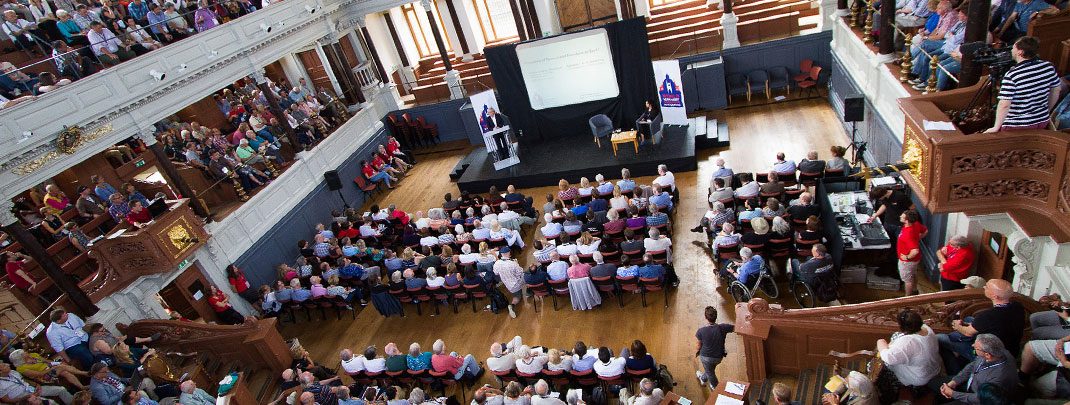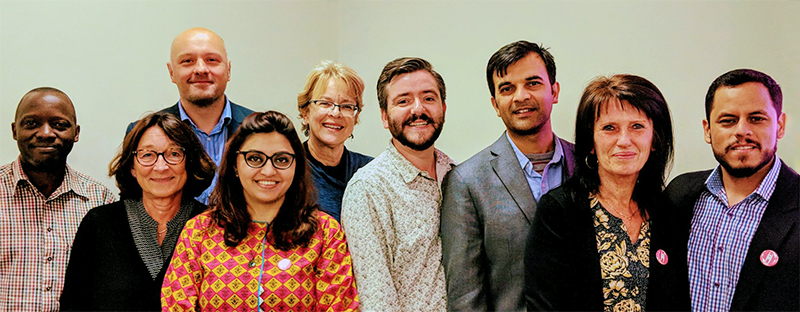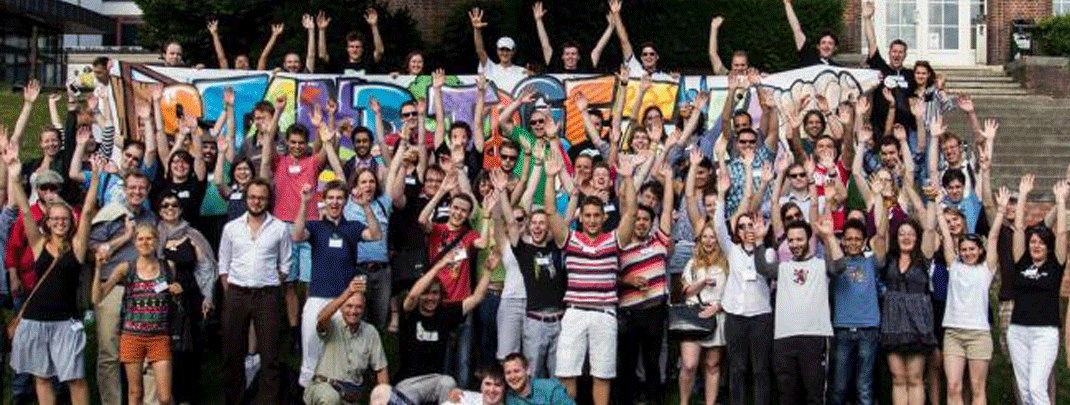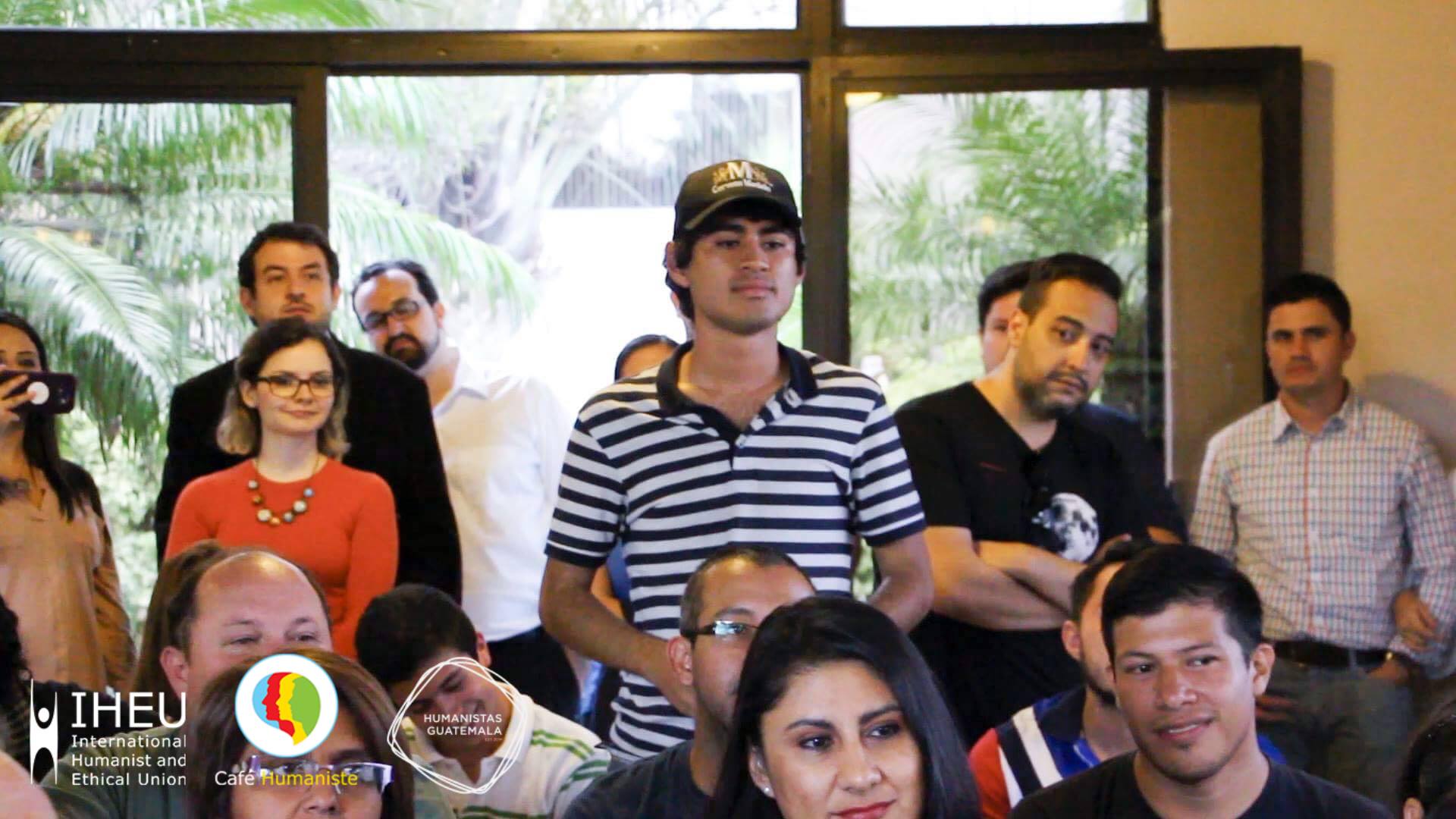Words and concepts
Can you explain humanism in less than 100 words?
“Humanism is a democratic and ethical life stance that affirms that human beings have the right and responsibility to give meaning and shape to their own lives. Humanism stands for the building of a more humane society through an ethics based on human and other natural values in a spirit of reason and free inquiry through human capabilities. Humanism is not theistic, and it does not accept supernatural views of reality.”
The above description of Humanism (in just 71 words!) is the “Minimum Statement on Humanism“, created in 1996 by Humanists International. It is a short summary of the Amsterdam Declaration which is the defining statement of Humanism agreed by Member Organizations in 1952 and revised in 2002.
But it’s not the only possible definition of ‘humanism’. Philosophers, activists and ordinary people have variously provided their own definitions and descriptions of Humanism and there have been other declarations by organizatoins, for example the American Humanist Association’s Humanist Manifesto, and the regional Nordic Humanist Manifesto (2016).
What's the history of the word "humanism"?
Scholars agree that the first appearance of “humanism” is relatively new. The term was coined for the first time in 1808 by a German pedagogue, F. J. Niethammer, in a book called The Dispute between Philanthropinism and Humanism in the Educational Theory of our Time. But Niethammer’s use of the word “humanism” was different from that of the modern humanist movement: he used it solely to describe a particular type of education which defended “man’s spiritual nature in its autonomy [and] its independence from the material world”.
The adjective “humanist” was already in use before 1808, however, with its roots in the Italian Renaissance, and its function somewhat closer to the modern use. The Italian “Umanesimo” was openly in contrast with the dogmatic and religious medieval tradition, instead putting human intellect, the arts, philosophy, and the idea of a free citizen, at the center of its vision of the world. The movement was driven by a re-exploration of classical antiquity, especially Greek and Roman history and mythology. However, it was was not, for most, a new worldview as such: the relationship of Creator/creature between God and mankind was retained. While “Umanesimo” or “humanism” was the then-contemporary term, today it is often referred to in English as “Renaissance humanism”.
In the late-nineteenth and twentieth-century, some groups and authors began to use the term “secular humanism”. This served to differentiate a non-religious humanist worldview from other uses of the term, including Renaissance humanism, or even “Christian humanism” (sometimes this refers to a branch of Renaissance humanism which presented the shift toward a more human-centered view of history as itself a movement with Christianity, other times it seemed to be an attempt to take ‘humanism’ back from the non-religious, a kind of “Humanism + Jesus”!).
However, today “humanism” even without the qualifier “secular”, can usually be assumed to refer to a non-religious worldview. That is, a worldview which embraces human responsibility and reason, and works on a democratic basis toward a more just world for everyone. Most organizations within the international humanist movement use “humanist” without a qualifier and they represent a humanism that is secular, non-religious or naturalistic.
What is secularism?
When we talk about ‘secularism’ we mean a political principle that favours the separation of religious institutions from the state (sometimes called ‘church-state separation’), or that the state acts in a way which is neutral with regard to people’s beliefs (for example, governments should not discriminate against someone just because that person holds a minority belief), and that the state is not over-influenced by particular religious beliefs and institutions (for example, the law should not force someone to comply with religious beliefs that they do not hold).
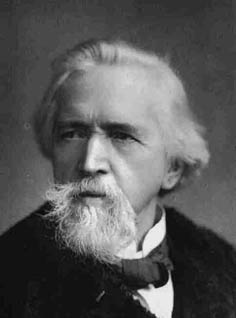
George Holyoake, who coined the term “secularism” in 1896
The political principle of secularism is nothing like a “ban” on religion, on the contrary it enables people with different worldviews, whether religious or non-religious, to co-exist freely and fairly. Also secularism should not be confused with atheism (i.e. not believing in “God”) and should not be confused with humanism. Humanists will very likely support the political principle of secularism, but it is not unique to humanists or the non-religious either: religious people support secularism for the same reasons that humanists do, because it enables people to live side by side in states which do not discriminate against you based on your beliefs or force you comply with religious beliefs that you don’t share.
The word “secularism” can also be used in other, related ways, and this can cause confusion. For example some people use ‘secularism’ to mean a more general rejection of religious beliefs within society. However, this can also be described more accurately as the ‘secularization’ of society.
When first proposed by George Holyoake in his 1896 essay English Secularism, he intended secularism as something more like a philosophy of life in its own right, one which was disinterested in religion, was in favour of “improvement of this life by material means”, valued science, and proposed that “it is good to do good. Whether there be other good or not, the good of the present life is good, and it is good to seek that good.” In some ways, Holyoake’s notion of secularism has now evolved into modern humanism, leaving the word ‘secularism’ free to refer to the political principle.
Why does humanism focus on 'reason' and 'science'?
Humanists will value many aspects of human nature and culture: our individual motivations, our collective works, our creativity, our arts, our curiosity. The use of reason and the efficacy of science are just some of the values we promote. But for many, reason and science may be regarded as setting humanism in contradistinction to religion: reason contrasts with ‘faith’ and science contrasts with ‘revealed truth’. So, even though reason and science are only some of the things that humanists value, they are often first in the list, both when humanists and non-humanists describe humanism.
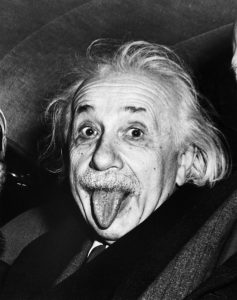
Albert Einstein, who said “ethical behavior should be based effectually on sympathy, education and social ties; no religious basis is necessary.”
Reason and science are powerful tools. There are various kinds and degrees of animal intelligence. But human rationality and ingenuity certainly set us apart. With reason and science we have cured diseases, established human rights, landed on the Moon, connected the world digitally, connected the world through politics and trade, and understood how life itself evolves.
But we have also conceived and invented terrible weapons, and our industries have sometimes decimated the environment and biodiversity. How we decide to use our reason and the technologies developed through science, are vital moral questions. We have the power to do great harm to ourselves and others, and to the natural environment. So we must have a prudential approach to reason, science and its technological fruits.
